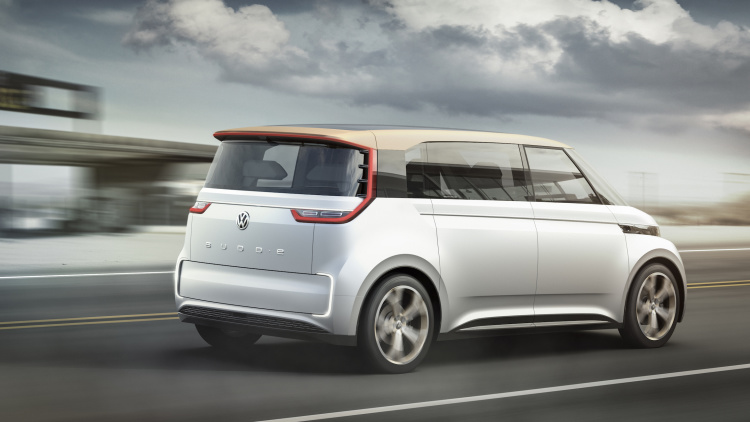electric car comeback by investing $11 billion in a battery factory.
After suffering through the backlash of consumers who discovered the company’s diesel emissions scandal, Volkswagen plans to produce 1 million electric and plug-in hybrid cars per year by 2025.
In the past Volkswagen relied on turbodiesel engines. Now, Volkswagen seeks to stand out against other battery makers such as Panasonic, LG Chem, and Samsung by establishing batteries unique in their chemical makeup.
The company has motives. Volkswagen lost its share price by a third and accumulated $30 billion to resolve legal issues after the diesel scandal. There is no doubt that the plans for a battery factory will rival Tesla Motors’ Gigafactory.
The costs of building a battery factory will be among the most expensive components of the business, being that Panasonic and Tesla collectively spend as much as $6.96 billion to build their Gigafactory.
Electric car manufacturers are building their own facilities for making batteries, among the most expensive components of their products. Together with its partner Panasonic, Tesla is spending up to $6.96 billion to build its Gigafactory.
The factory should reduce battery costs by as much as 30 percent. Tesla should be able to manufacture 500,000 cars per year by 2018. Volkswagen is currently deciding on the possible location of their battery factory. Among some of the options are Germany, Eastern Asia, and Europe.
Some sources, such as a German newspaper Handelsblatt, state that the Volkswagen board will vote to invest $11 billion in the battering making factory in Salzgitter on June 22. Volkswagen currently produces internal combustion engines there.
The company’s production claims may or may not be overreaching. Only 67,000 electric cars, which were predominately hybrids, were sold in 2015, despite predicting leadership status among other companies by 2018.























